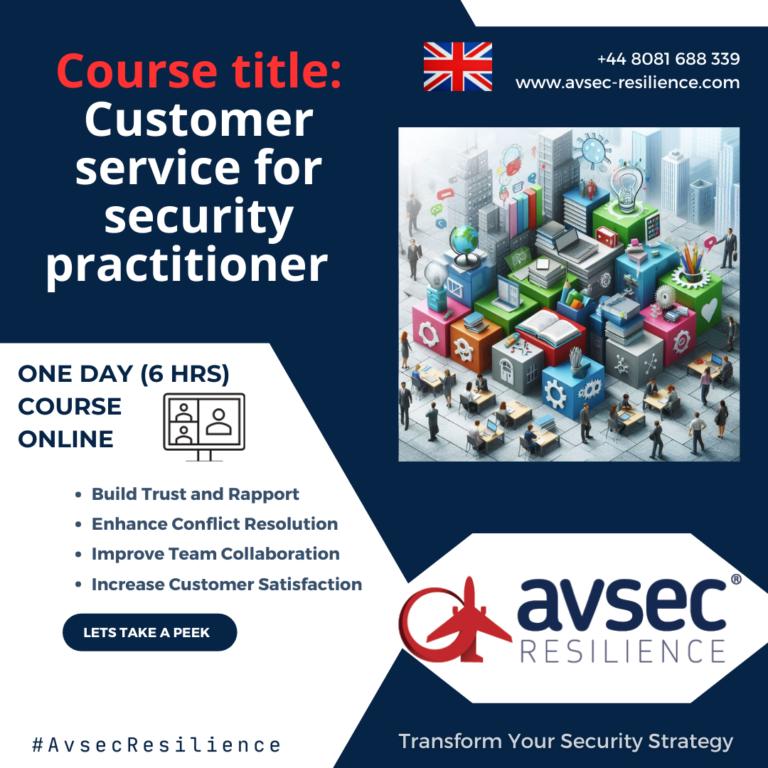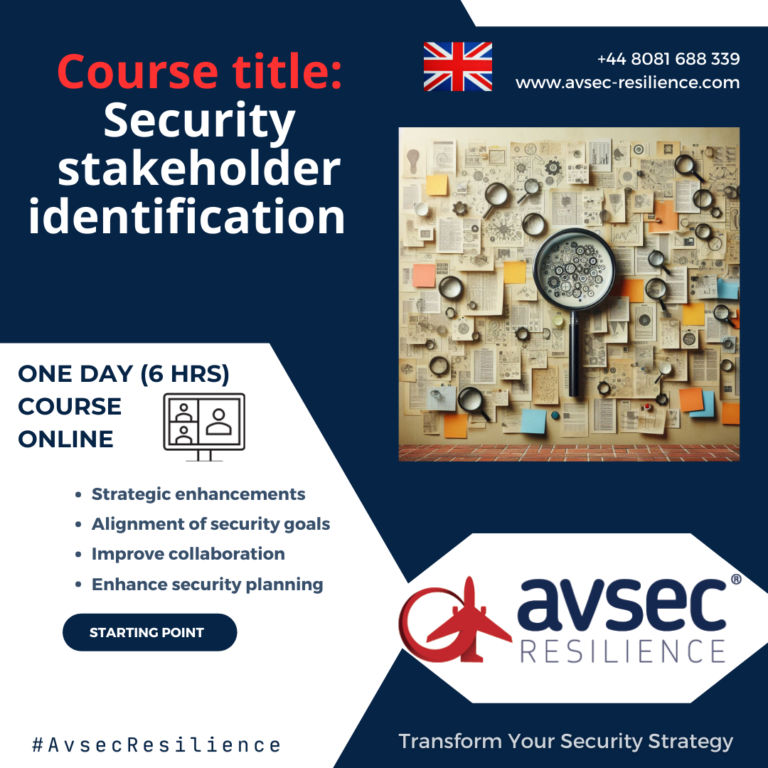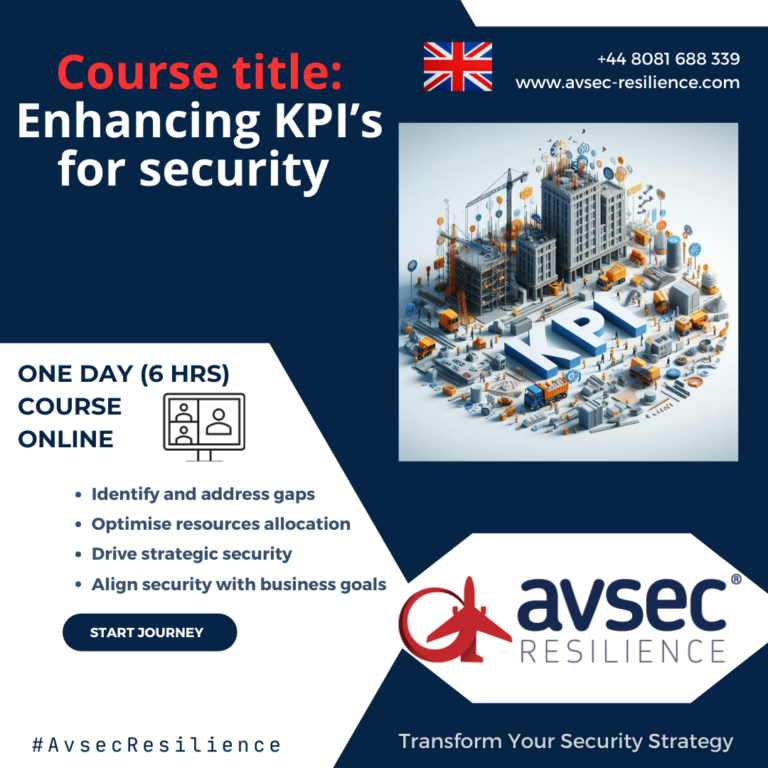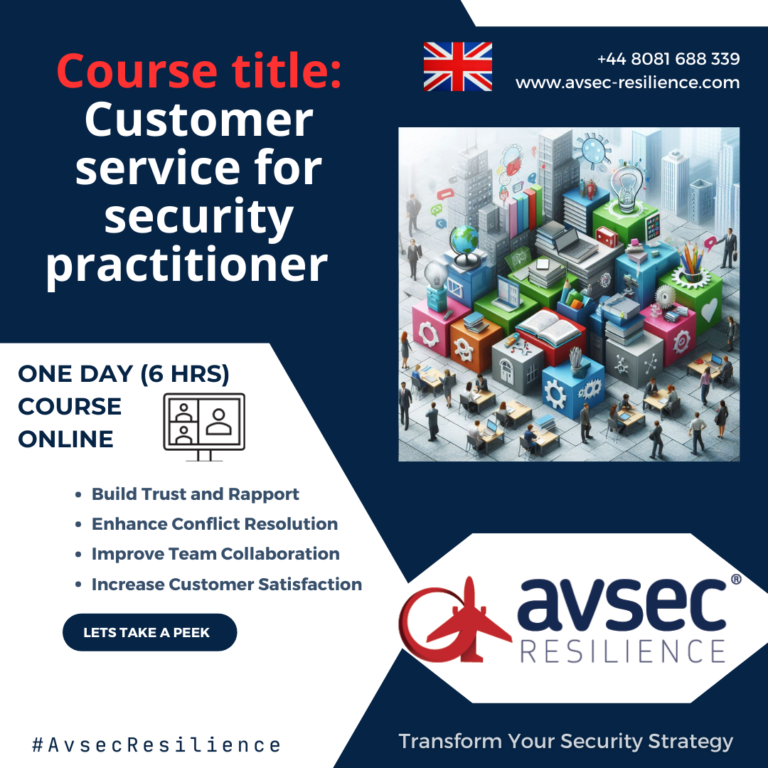Design & Developed by Themeshopy
Return To TopEnhancing KPI’s for security
Enhancing KPI’s for security
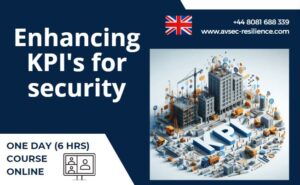
Duration: 1 days / 6 hours
Delivery method: Online/ In-company training
Target Audience: This course is designed for security professionals who play a role in promoting and fostering a security-conscious culture in their organisation.
Cost: Available upon application
Language: English
Course code: EKPI-1
Introduction
In today’s rapidly evolving landscape, building and maintaining robust security measures is critical to staying resilient and ahead of emerging threats. As organisations strive to protect their assets and maintain trust, the need for effective security management becomes paramount. The Enhancing KPIs for Security course equips security professionals and business leaders with powerful tools and actionable knowledge to optimise security operations and drive improvements through data-driven insights.
In this course, you will take a deep dive into Key Performance Indicators (KPIs) for security management.
You will learn to design, implement, and refine KPIs that accurately measure your organization’s security posture.
The course focuses on helping you drive continuous improvement through data-driven insights.
Whether you are new to security management or looking to sharpen your skills, this course supports your professional growth.
It offers valuable insights, practical skills, and real-world applications to enhance your current security practices.
What you’ll learn:
- Understanding Security KPIs: Gain a comprehensive understanding of the role and importance of KPIs in security management.
- Designing Effective KPIs: Learn how to create KPIs that align with your organization’s security goals and objectives.
- Data Collection and Analysis: Explore techniques for collecting and analyzing data to ensure your KPIs are accurate and actionable.
- Improving Security Outcomes: Discover how to use KPIs to identify weaknesses, enhance security processes, and achieve better outcomes.
- Aligning with Business Objectives: To begin with, ensure that your security KPIs are not only effective but also closely aligned with broader business goals, thereby driving overall organizational success
Areas the course will cover
Potential course benefits, the why
In-house courses
Designing KPI’s for security course, default is delivery via Zoom, but we can deliver it via Microsoft Teams or Webex if preferred.”
We can also modify the course to better fit the specific needs and appetite of your organisation
Jump to internal page: Contact us




